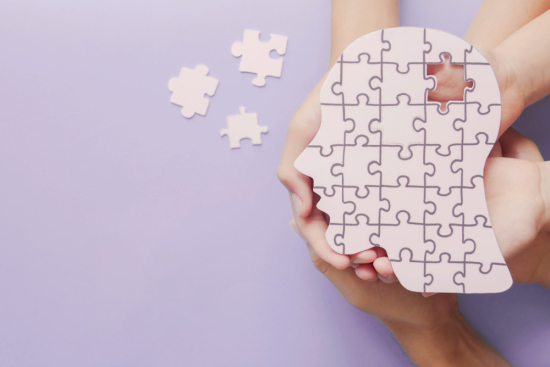Feeling sad after a breakup or the loss of a loved one is normal. But if sadness lasts for weeks or months and affects daily life, it may be a sign of depression.
Depression is a serious condition that impacts mood, energy, and the ability to function. With the right treatment, including therapy and sometimes medication, symptoms can be managed, and a balanced, healthy life can be regained. Seeking help early is important for recovery and long-term well-being.
Cost of depression treatment in Turkey
Are you considering depression treatment in Turkey? We understand that choosing the right location is crucial. In Turkey, we offer a comprehensive program including psychotherapy and antidepressant medication, designed to meet all your needs.
Our partner clinics place your mental health at the center of their priorities. You will have access to highly qualified psychologists and psychiatrists for the diagnosis and treatment of depression, ensuring high-quality care at competitive prices.
The estimated cost of depression treatment in Turkey generally ranges from 3,000 to 10,000 USD, depending on the duration of the program and the services included.
Would you like to learn more? Request your personalized treatment quote today. This will help you make an informed decision based on your specific needs and budget.








